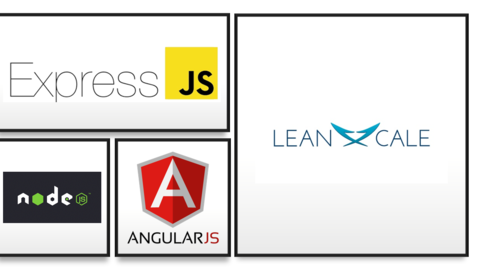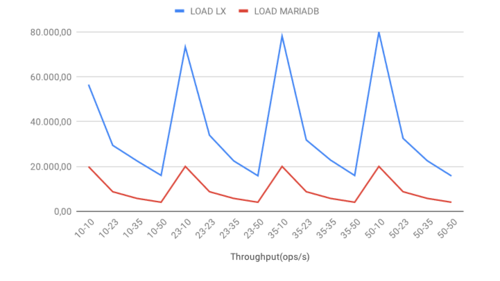
LeanXcale is a participant of the Cybele EU project within the framework of the H2020 program. Through this collaboration, more than 30 universities and tech companies work together to bring […]

LeanXcale is a participant of the Cybele EU project within the framework of the H2020 program. Through this collaboration, more than 30 universities and tech companies work together to bring […]

To improve its behavior as a transactional and analytical processing (HTAP) database, LeanXcale provides a new feature for supporting online aggregations using a specifically created type for it. Find here […]

Hi! Welcome back! In this new post, I will show you how to connect your Scala application to a LeanXcale database using the well-known JDBC library. I will also show […]

This post demonstrates how to combine the use of Apache Spark and LeanXcale to build a simple movie-recommendation engine, taking advantage of the LeanXcale Spark connector and Spark’s machine learning […]

The project, which has received 16 million euros in European funds and brings together some of the largest banks in Europe with IoT and Big Data companies, started in October […]

In this post, I will show how we can use the LeanXcale database to build a web application following the MEAN framework, substituting MongoDB by LeanXcale, which gives birth to […]

MariaDB is one of the most popular and widely adopted relational databases in the world. LeanXcale is an ultra-scalable relational database that includes NoSQL features to provide high insertion rates. […]

New applications, such as geo-marketing tools, car-sharing, or mobility apps, require handling large data volumes. Traditionally, most applications that require geographical query capabilities use PostgreSQL as a database. However, because […]

KEY CONCEPTS A database is essentially “an organized collection of data.” Of course, this idea of being “organized” holds an entire world within, which is a primary reason why databases […]

In the world of databases, most people have encountered some “hidden” processes executed in the background resulting in the spoiling of performance. Each database technology has its usual suspects. With […]